Disclaimer: This content is provided for information purposes only: It does not represent legal advice, reflect the lawfulness of these cannabinoids or serve as an endorsement by Joy Organics. It is recommended to review both federal and state laws pertaining to the lawful sale of these and other cannabinoids.
If you’ve been keeping up with the latest developments in hemp and CBD, then there’s a good chance you’ve heard about Delta 10 THC. Delta 10 is the newest cannabinoid to hit the market following the recent popularity of Delta 8 THC, which rose in popularity as a legal way to get a psychoactive “high.” Discovered by accident, yet produced in a similar manner as Delta 8, Delta 10 THC is stepping right into the market and offering another take on the mellow high these cannabinoids have to offer.
Delta 10 is an isomer of Delta 9, the component in marijuana that gets a person high. It is reminiscent of a Sativa strain with its invigorating psychoactive effects, but at only about half the potency. Derived from hemp and technically legal, Delta 10 is the newest way of accessing the many benefits of cannabis.
Delta 10 is still in its early stages of research, but chances are that we’ll only be seeing more of it as studies continue. In this guide to Delta 10 THC, we’ll explain what it is, where it came from, and how it affects us, as well as how to go about choosing the best products on the market.
What Is Delta-10 THC?
Delta 10 THC is an analog of Delta 9 THC, the chemical compound responsible for the psychoactive “high” that marijuana users experience. It has nearly the same molecular composition with just one small difference, but this difference affects how it interacts with the body and the side effects consumers experience as a result.
On a molecular scale, Delta 10 has a double bond on its 10th carbon chain, whereas the better-known Delta 9 compound has a double bond on the 9th carbon chain. In suit, the recently popularized Delta-8 compound has a double bond on the 8th carbon chain.
Those familiar with Delta 8 know that the difference in where the double bond lies causes the cannabinoid to react differently with the endocannabinoid receptors in our bodies. The effects of taking Delta 8 THC are similar to those of Delta 9 THC, but the potency is only around half of what marijuana would induce, making it a favorable choice for some. In addition, Delta 8 became a popular option because its effects don’t are said not to include the stress that many experience from marijuana use.
This principle is the same for Delta 10 THC. As an analog of Delta 9 THC with a double bond that lies on a different chain, using Delta 10 THC brings on a mellow “high” that can offer the benefits of cannabis without the intensity of marijuana.
Delta-10 vs. Delta-8
Delta 8, 9, and 10 are isomers of one another, meaning they have the same chemical “formula” but with different arrangements. This small difference leads them to have different effects on users. Delta 9 THC is the primary cannabinoid found in cannabis and leads to the most intense effects. In contrast, only small amounts of Delta 8 can be found naturally in the cannabis plant, while Delta 10 doesn’t seem to occur naturally at all, and the effects of each are also only about half as strong as those of Delta 9.
Delta 10 and Delta 8 are similar in many ways, but they differ in delivering essentially the opposite types of effects that THC can have. One is more of an upper, while the other has calming effects, much like the difference of effects that different marijuana strains can have.
Unless it is a hybrid strain, marijuana is categorized into two main varieties: Indica and Sativa. Sativa strains are commonly understood as being the more energizing variety, while Indica strains are known to be more sedative. Sativa is described as a head high with stimulating and uplifting effects, ideal for use during the day and socially. In contrast, Indica is known to cause more of a body high that makes you feel mellow and relaxed, perfect to wind down with in the evenings.
Just as different cannabinoids found in each plant strain bring about different effects to the user, so do the different arrangements in the molecular composition of each individual cannabinoid. While Delta 8 THC is reminiscent of Indica, Delta 10 THC is more stimulating like a Sativa.
In small amounts, commonly 5-20 mg, Delta 10 has been reported to have several nootropic effects, including increased energy, focus, and concentration as well as a generally heightened awareness.
Other common effects and benefits of using Delta 10 THC include:
- Muscle and Joint Support
- Boosted Mood
- Relaxation
Delta 10 THC is ideal to be used throughout the day, even while being social or productive.
In comparison, the common effects and benefits of using Delta 8 THC include:
- Decreased stress
- Reduced muscle stiffness
- Increase in appetite
- Improved sleep
- Enhanced focus
The two cannabinoids are similar in some ways, like promoting relaxation and reducing stiffness in the body. However, the calming effects of Delta 8 THC may be more favorable for those looking to use it to relax and rest, while Delta 10 is commonly used to invoke creativity.
Since neither Delta 10 nor Delta 8 THC has nearly the potency of Delta 9 THC when not taken in large amounts, both can technically be used throughout the day as you see fit. Claims have even been made that using Delta 8 and Delta 10 together leads to the best, most well-rounded results.
Where Did Delta 10 Suddenly Come From?
The history of Delta 10 THC dates back to 1941 when it was first partially synthesized by Roger Adams. It was later fully synthesized in 1964 by Dr. Raphael Mechoulam, the cannabis pioneer who also first isolated Delta 9 THC a year later. However, Mechoulam’s method of synthesizing the cannabinoid required the use of toxic chemicals that would render the final product unusable, and soon studies around this cannabinoid largely ceased.
A chain of events has led to Delta 10 recently entering the market. The first was the Farmers Bill, which removed hemp and its derivatives from falling under the same definition as marijuana. This allowed for the research and sale of CBD and other hemp products and led to a new, thriving cannabis market. Many private companies popped up with their own brand of products, but what happened next was a total accident.
As the story goes, a California-based cannabis company named Fusion Farms discovered Delta 10 when they processed it by accident. This happened after they purchased cannabis biomass that, unbeknownst to them, had gotten contaminated with a fire retardant from what was sprayed onto nearby trees. They conducted the same distillation process they usually used, but they ended up finding crystals that they didn’t recognize.
Though the crystals were first assumed to be CBC or CBL, it took them months to properly identify the mysterious crystals as Delta 10. This cannabinoid only shows up naturally in trace amounts, so it took the right chemical addition to bring it about. This accidental discovery has since led to more research and new ways of creating Delta 10 in a cleaner way.
How Delta 10 Is Made
Delta 10 THC hasn’t naturally been found in cannabis plants. However, CBD can become Delta 10 THC when it undergoes the right chemical reaction, which is exactly what happened when it was first discovered. These days, scientists have found ways to intentionally create this chemical reaction, a process that is known as isomerization.
Delta 10 is an isomer of Delta 9, meaning it has the same chemical components, but with a different arrangement. The objective of isomerization is to rearrange the molecular structure of CBD oil that is extracted from hemp, and the goal is to do so as safely and efficiently as possible. Due to the amount that the CBD oil needs to be refined, it is difficult to manufacture and is thus commonly combined with Delta 8.
Delta 10 is commonly sold as vape carts, tinctures, gummies, or other edibles. When Delta 10 is inhaled through a vape, it enters the bloodstream through alveoli in the lungs. When a tincture is used, Delta 10 enters the bloodstream through the sublingual capillaries under the tongue. And if Delta 10 is consumed as an edible, it enters the bloodstream through the digestive tract.
Is Delta 10 Legal?
Delta 10, Delta 8, and any other discoveries that may come from further experimentations with CBD and hemp plants all currently fall into a gray legal area. The Farmers Bill removed hemp and any of its derivatives that contain less than 0.3% THC from the definition of marijuana under the Controlled Substances Act. As long as the oil used to create Delta 10 THC is sourced from hemp, the synthetically produced cannabinoid falls into this somewhat gray legal area.
A second law helps to control the quality of the products entering the market. In 2020, the DEA clarified that any synthetically derived tetrahydrocannabinols (THC) remain Schedule I controlled substances. This means that, despite Delta 10 being synthetically created through a chemical process, the original oil that is processed must still be extracted from hemp plants.
Although being sourced from hemp plants technically makes both Delta 10 and Delta 8 legal in most states, that could change as the market continues to evolve. In fact, certain states have already begun taking it upon themselves and making these new Delta 10 and Delta 8 THC products illegal through certain chemical reactions.
Does Delta 10 Show up on a Drug Test?
Although Delta 10 falls through some legal loopholes, it can’t do the same with a standard drug test. Just like Delta 9, it metabolizes through the liver in the same way. Through that process, traces get left in our blood, hair, lungs, saliva, and urine.
Drug tests may detect THC in your system for as little as a couple days up to several months after using a Delta 10 product. Exactly how long it would take to pass a drug test depends on factors like the type of drug test used, how much was ingested, and each person’s unique chemical composition.
Is Delta 10 Safe?
Delta 10 is still in its early stages of research and production, and it is currently not regulated by the FDA. However, it is believed that Delta 10 interacts with the CB1 and CB2 receptors found in our endocannabinoid systems, just as Delta 9 and Delta 8 THC does.
The endocannabinoid system helps to regulate the functions of multiple other bodily systems, which is how Delta 10 manages to affect all of our senses. It also likely binds with receptors to stimulate neurotransmitters such as dopamine and serotonin that make us feel good.
Side effects of using Delta 10 resemble those of Delta 9 use, but are usually experienced with higher dosages (more than 20mg). Side effects may include:
- Dry mouth
- Red or dry eyes
- Lowered blood pressure
- Impaired concentration/coordination
- Sleepiness/grogginess
- Increased appetite
- Increased heart rate
- Dehydration
- Dizziness
- Altered perception of time
- Increased sensory sensitivity
To avoid unforeseen side effects caused by low quality ingredients or production, always be mindful of where you are purchasing your products from. Let’s take a look at how you can assess the quality and safety of Delta 10 products.
How to Choose the Right Delta 10 Products
Delta 10 is still a fairly new item on the market and still flies under the legal radar. While this is good news for anyone who otherwise doesn’t yet have access to legal THC, it also means that Delta 10 THC products remain unregulated by the FDA. This leaves it up to consumers to ensure that the products we use follow certain standards of safety and quality.
There are several labels you’ll want to look for before purchasing a new Delta 10 product. Because Delta 10 is a semi-synthetic cannabinoid that uses chemicals in the production process, it is important to ensure that the company is following quality standards to create safe products for consumers.
Before purchasing a new product, always check for a Certificate of Analysis (COA). For a product to receive a COA, it must be lab-tested by an accredited lab that tests to ensure that no chemicals or contaminants remain and that products are safe to consume.
Delta 10 products that receive this certificate will have a QR code printed on the label to allow potential buyers to access the proof of testing certification. Companies who practice transparency in their process will often also include detailed results of the tests.
Most Popular Delta 10 Products
Delta 10 is still new on the market, but it can most commonly be found sold as a vape cartridge, in a tincture, or as an edible. We’ve selected some of the most popular Delta 10 products currently on the market and broke down exactly what it is that makes them stand out.
1. 3Chi Delta 10 Vape Cartridge
Vaping has become a popular choice for CBD and Delta 9 THC use, and now it is available for Delta 10 and Delta 8 THC as well. This vape cartridge from 3Chi combines both of these cannabinoids to create four varieties with different effects and flavors. Each cartridge is made of 95% Delta 10 and Delta 8 THC that is legally derived from hemp plants, as well as 5% other plant-derived terpenes.
3Chi makes it easy to find all of the necessary information about these cartridges listed on the website. They don’t use VG, PG, PEG, Vitamin E, MCT, or any other cutting agent when making these Delta 10 vape cartridges, and the products have been tested to ensure there is less than 0.3% Delta 9 THC present.
The four available varieties range in their Delta 10 to Delta 8 ratio. This means that some, such as the Pineapple Express cartridge, have more uplifting and motivating Sativa-like effects, while others, such as the Cali-O cartridge, have more calming and relaxing hybrid effects.
2. Extrax Vibin’ Premium Delta 10 THC Tincture
Extrax is a leading brand in Delta 10 products that offers vape cartridges, edibles, and tinctures. They are thorough and transparent, providing customers with tons of information on their website, including posted certifications that are easy to find, descriptive lab results for all products, and further information about products.
This Vibin’ Premium Delta 10 THC tincture is made of 700 mg Delta 8 THC and 300 mg Delta 10 THC, both of which are derived from hemp plants. This creates a hybrid effect that is predominantly relaxing and felt in the body, but that still offers a stimulating head high as well.
The tincture is created with only a handful of ingredients that include natural hemp extract, MCT oil, hempseed oil, and terpenes. The terpenes included come from a Sour Diesel and an OG Blueberry strand, giving the tincture a sour blueberry flavor while keeping the Delta 9 THC level under 0.3%.
3. Diamond CBD Hyper Delta-10 THC Gummies
Diamond CBD has a large selection of Delta 10 THC gummies to choose from. Whether you want something mellow, something strong, something sour, or something sweet, Diamond CBD has you covered. From the many Delta 10 gummies that they offer, the Hyper Delta-10 gummies stand out from the bunch.
Not only are these gummies organic, they’re also the strongest of the bunch. They are made of a full spectrum hemp extract, hemp oil, and terpenes that create Sativa-like effects. Each gummy has 25mg of Delta 10 THC as well as a full-bodied, fruity flavor that will be a treat to your taste buds as well. Diamond CBD also has lab results for all of their products available on their website.
Delta 10 THC
Delta 10 THC is the newest hit on the CBD market, though further research and experimentation may continue to expand the market in the future. Although Delta 10 is not found naturally in hemp plants, the benefits that it can offer users is a major contributor in the push to finding safe and efficient ways to make it available to the public.




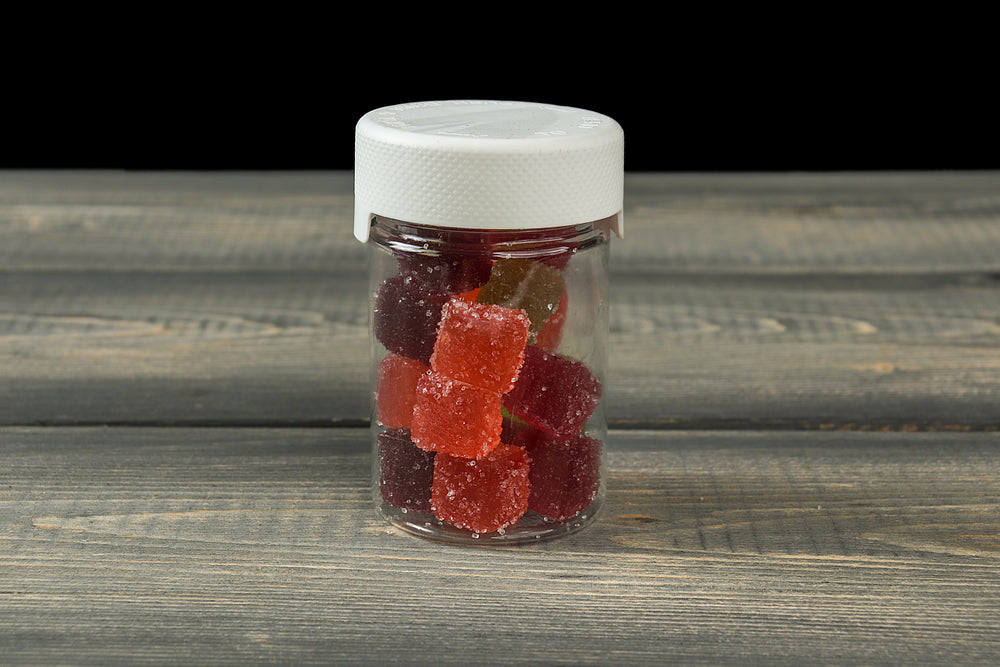



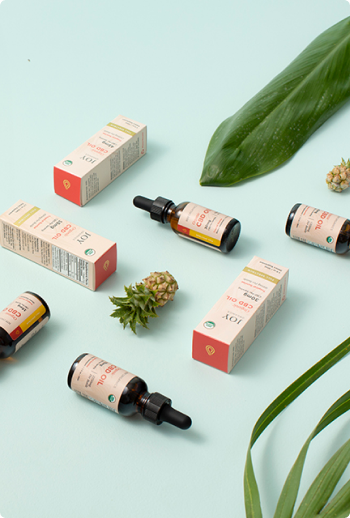
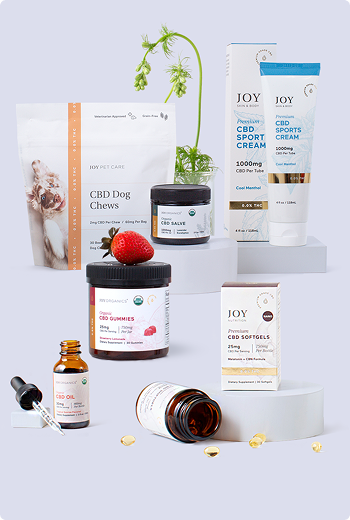
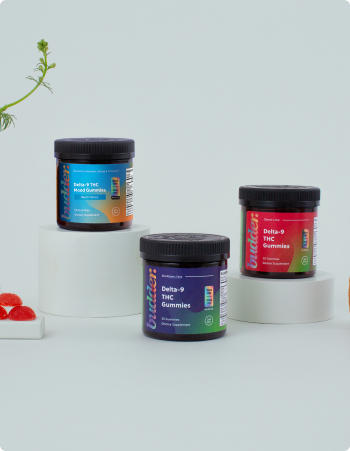


















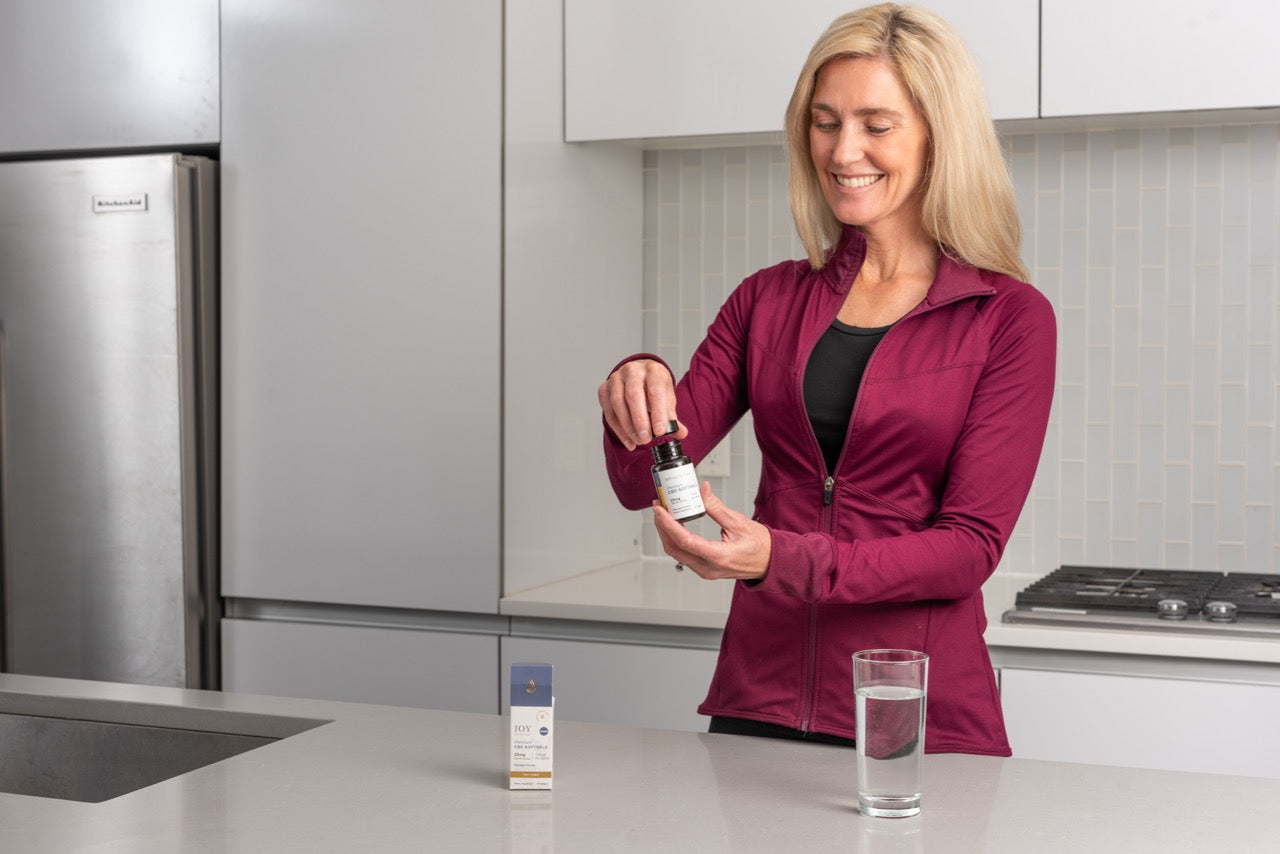




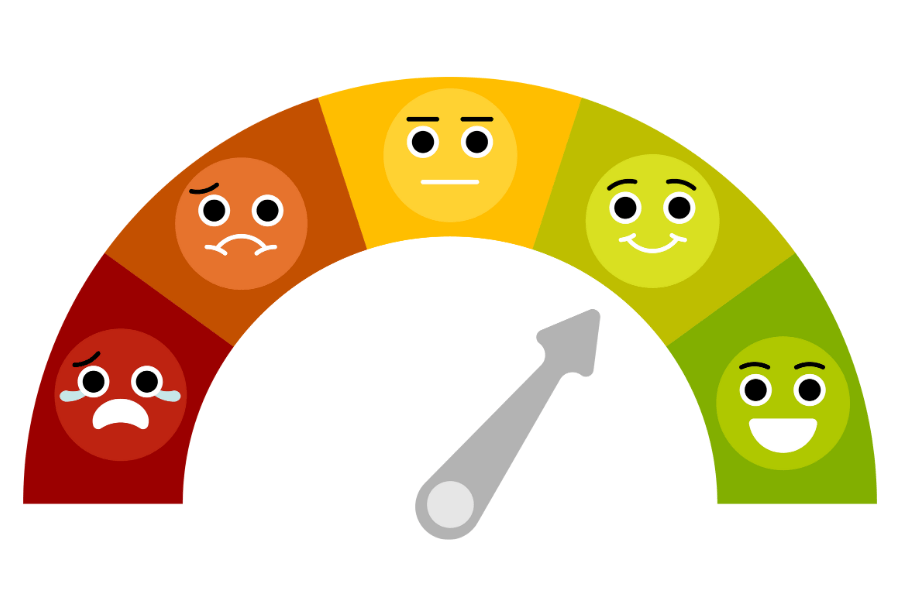
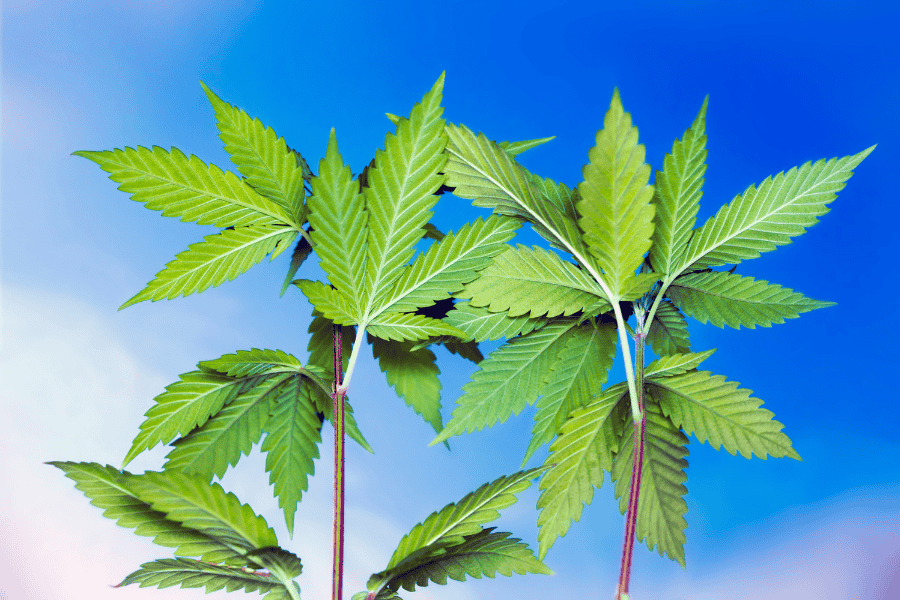


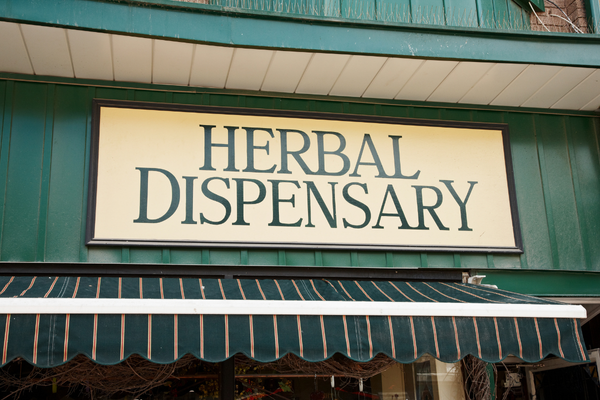



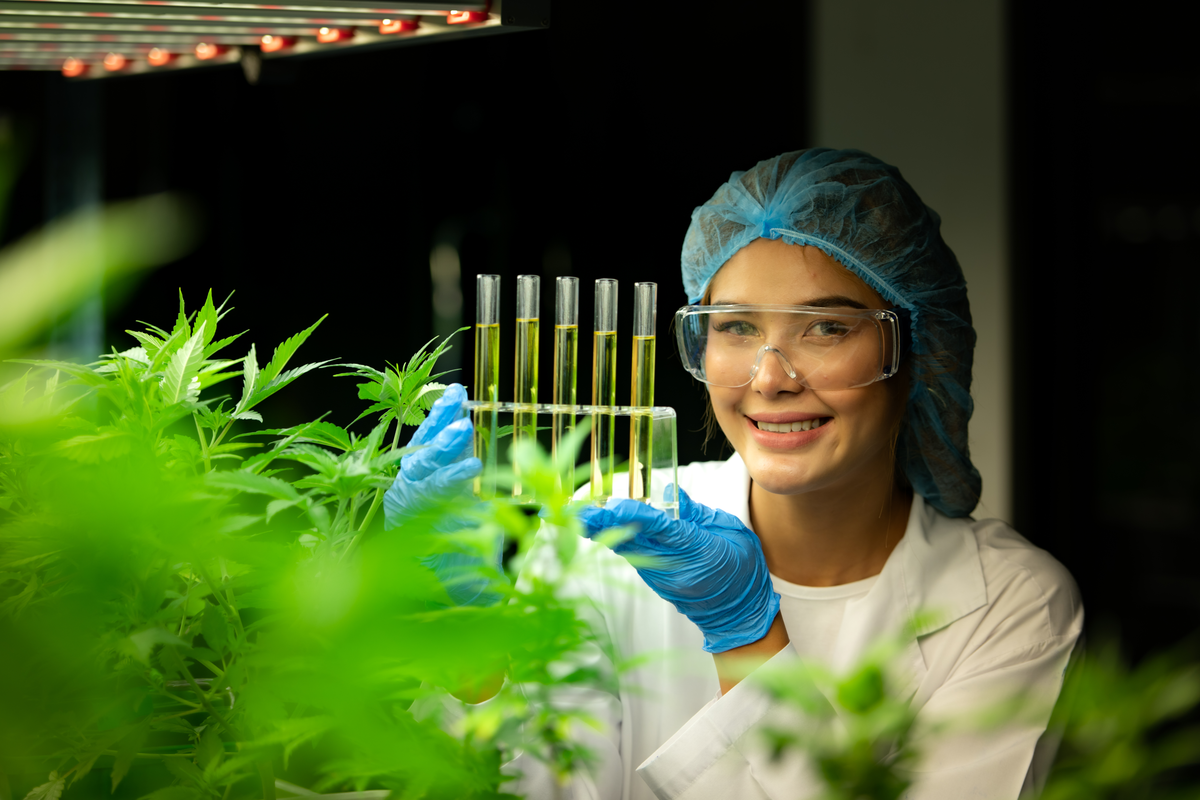

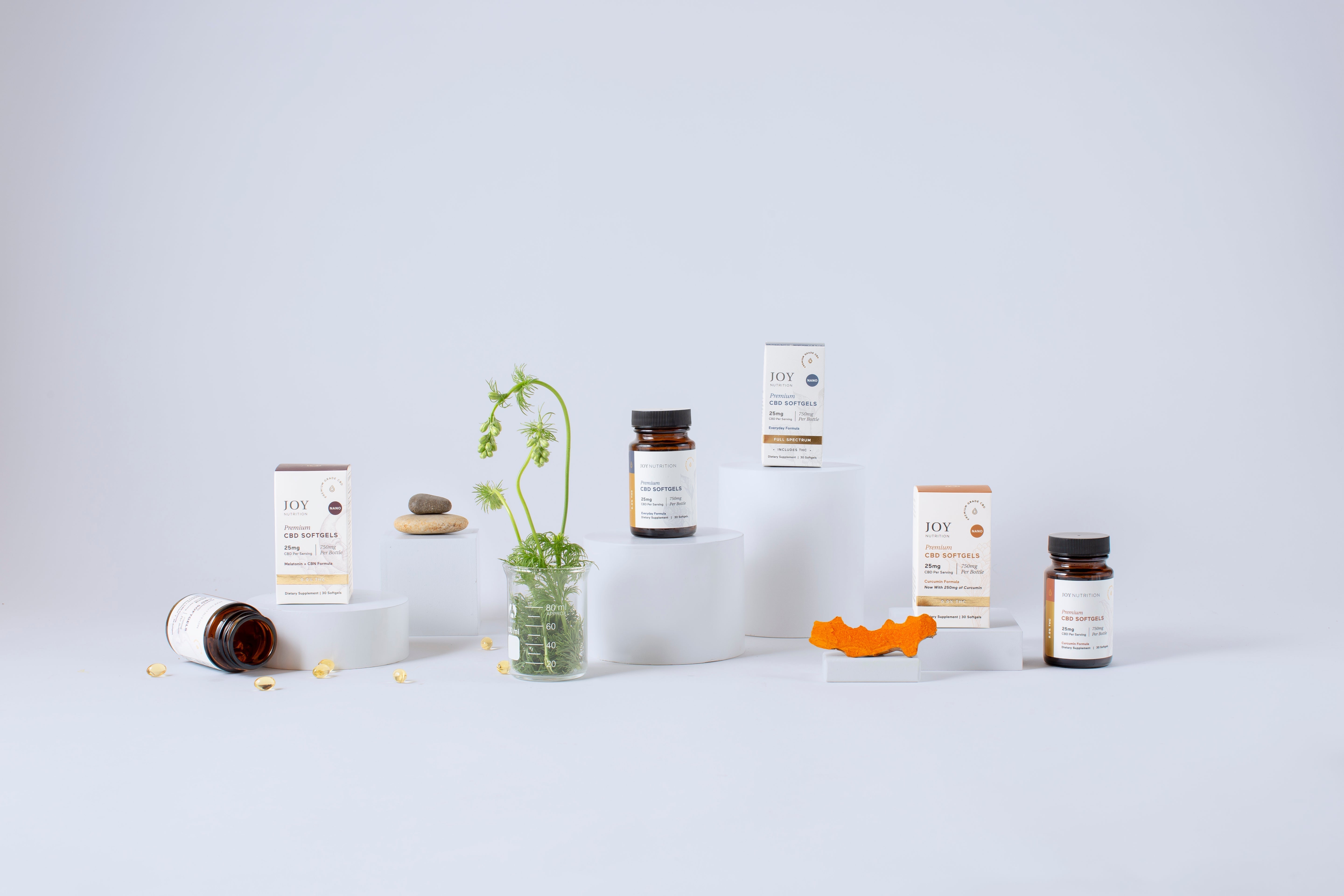



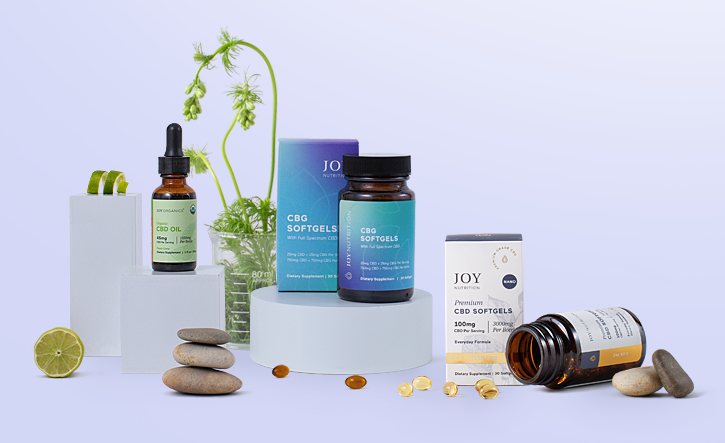







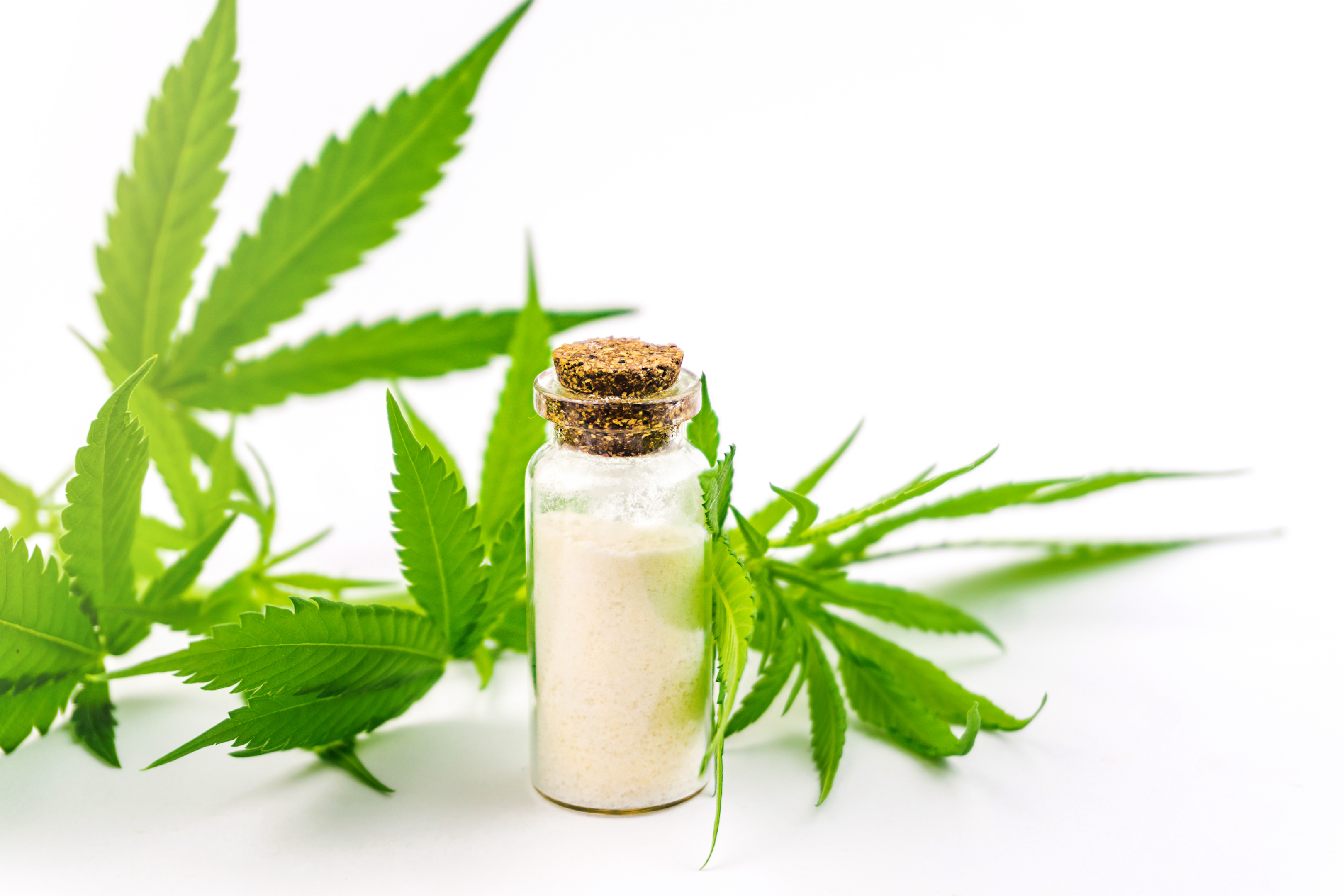
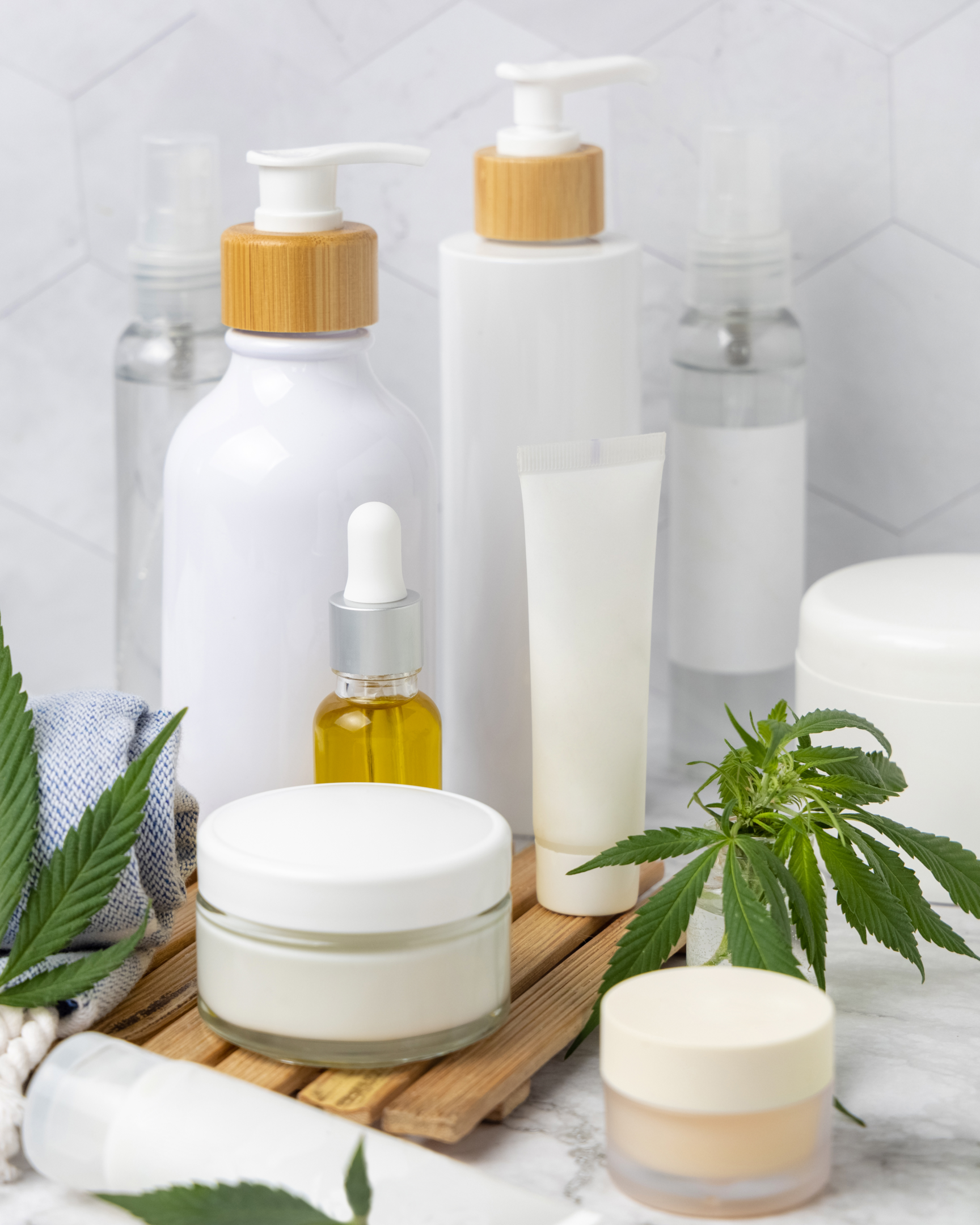
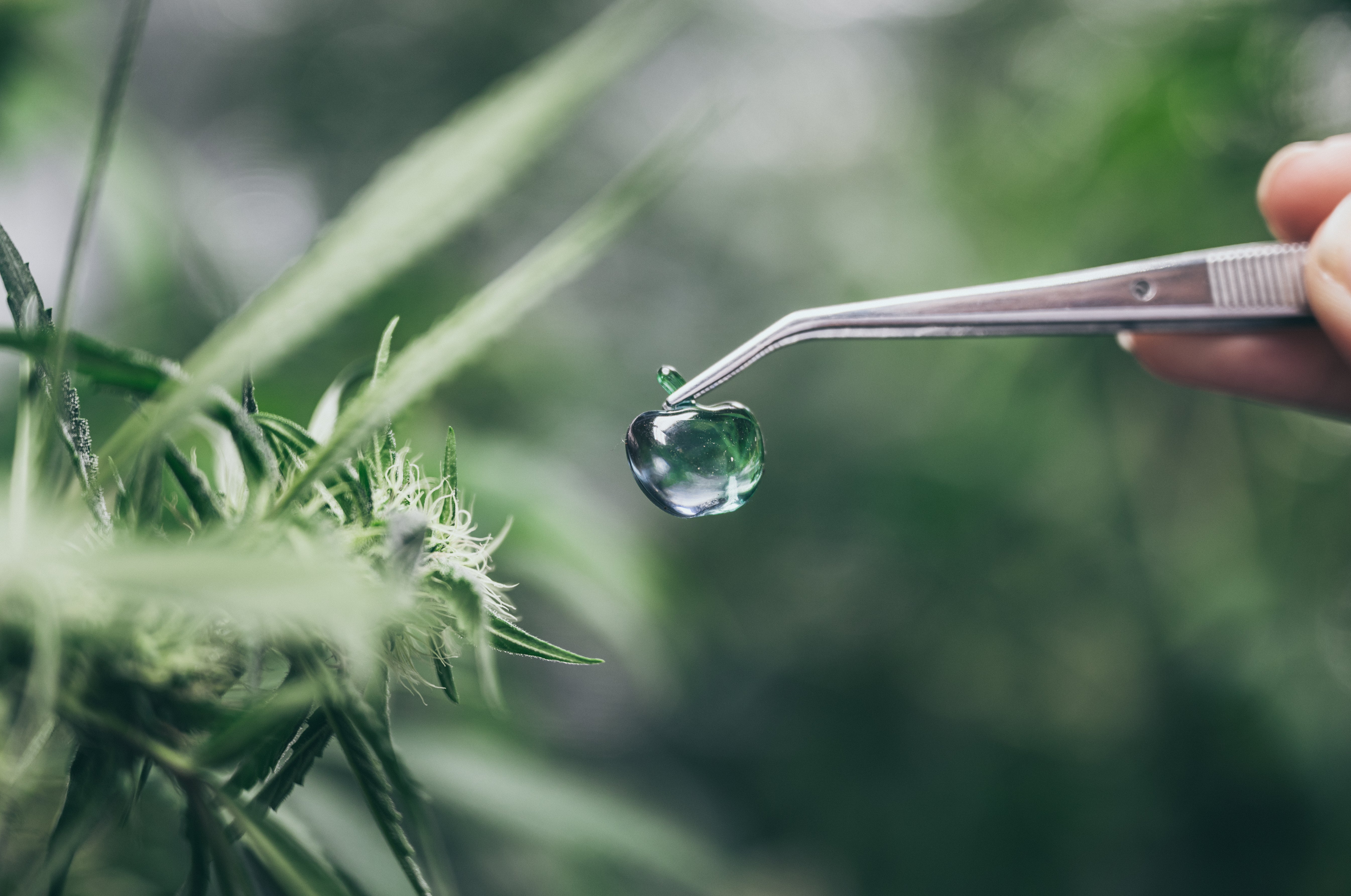

Join in on the Conversation
Your email address will not be published. Once your comment is approved, it will be published.